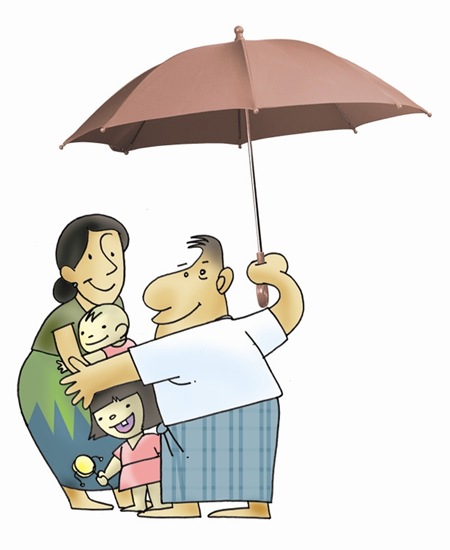 When someone files for bankruptcy an automatic stay is put into place. The stay prevents creditors from making any collection attempts (calling, repossessing, selling) prior to obtaining court permission or, prior to the dismissal of the bankruptcy case.
When someone files for bankruptcy an automatic stay is put into place. The stay prevents creditors from making any collection attempts (calling, repossessing, selling) prior to obtaining court permission or, prior to the dismissal of the bankruptcy case.
A Co-Debtor Stay created by 11 USC §1301 occurs when the person filing bankruptcy owed a debt jointly with a non-filing person, typically a spouse. By virtue of being a co-debtor, creditors may no longer make collection attempts against the non-filing person as well. This becomes particularly useful when the creditor has a security interest, such as in a home. For example, if a couple was behind on a jointly owned homestead but one spouse individually owed a large amount of credit card debt, that one spouse could file a Chapter 13 bankruptcy, catch up on the mortgage arrears and simultaneously discharge their unsecured debts. While that spouse was in bankruptcy, the bank could not foreclose on the home as to the non-filing spouse because of the automatic stay protection.
Unfortunately, the Co-Debtor stay does not go into effect as to business assets or function in Chapters 7 or 11, so a conversion from a Chapter 13 to a Chapter 7 would cause problems.
If you have questions about how the co-debtor stay may be used to protect you or your loved ones, contact a Jacksonville Bankruptcy Attorney or call us at (904) 685-1200 for a free consultation.
Published on:
 Jacksonville Bankruptcy Lawyer Blog
Jacksonville Bankruptcy Lawyer Blog


